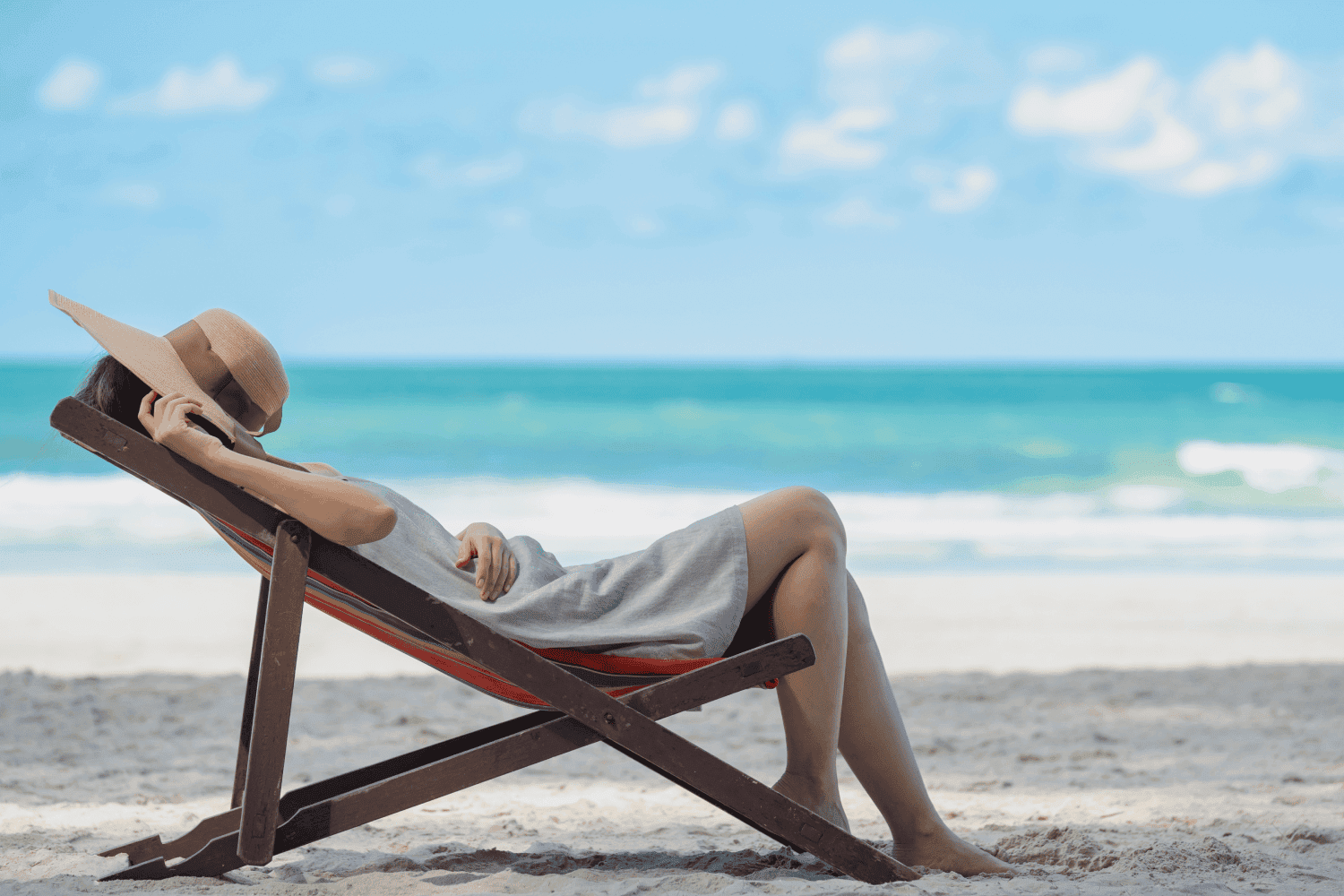
Sleep Through the Ages
by Mia Campbell
There’s no fighting it: sleep has been part of life since the beginning of evolutionary time. Over the years, we’ve discovered that this period of rest serves a number of health benefits, from cognitive function to good mood to injury healing and beyond. But have you ever wondered how people around the world regarded sleep before they really knew its benefits?
In humans, sleep patterns have changed over the centuries, even if the act of sleeping has not. At various periods throughout history, people have gone to great lengths to make sleep more comfortable and safer. Many of our perceptions about sleep vary from culture to culture, as well as in response to new scientific discoveries.
Here’s a look back through time at how sleep habits have changed:
Technology Has Given Way to Later Bedtimes
Centuries before lights, electricity, and Netflix, our ancestors would go to bed shortly after dusk. They had no artificial light by which to read, work, or commune, so an “early” bedtime was a logical choice.
Today, we have ways to keep life going, even in the absence of sunlight. Many experts believe that artificial light has given way to later bedtimes and getting all of our sleep in a single session (called monophasic sleep) instead of a segmented sleep pattern (biphasic sleep).
Naps are Part of Daily Life in Many Countries
Do you start hearing your bed calling your name in the afternoon? There might be a good reason for this.
Some doctors agree that biphasic sleep (where sleep is divided into two daily periods instead of one) is the most natural for our bodies’ internal processes. This could be why many countries continue to build a daily nap into their afternoon routines.
In many Spanish-speaking countries, for example, it’s common for businesses to close for a couple of hours in the afternoon for workers to go home for a siesta. In China, it's a constitutional right for citizens to take a midday rest. Schools in China and Taiwan also have a nap period right after lunch.
However, not all cultures have embraced the midday nap, citing that it interferes with nighttime sleep and is usually unnecessary if you’re not feeling cognitively impaired. In Australia, the United States, and many European countries, napping as an adult is used sparingly. If you feel tired in the middle of the day due to poor sleep the night before, then a better course of action might be to improve your nighttime sleep habits.
Co-Sleeping is Widely Practiced in Non-Western Countries
While co-sleeping might not be as common in Australia or the United States, rest assured the practice is still very much alive in other parts of the world. An overwhelming majority of cultures engage in co-sleeping, where two or more family members share a bed. This is often the case with nursing mothers and infants. The constant closeness of mother and baby supports breastfeeding and bonding and may even reduce stress in both parties.
Other cultures prefer to bed-share due to their emphasis on kinship. Sleep patterns are tied directly into this perception since sharing a bed puts you in close proximity to others. For many non-Western cultures, co-sleeping is as normal of a practice as eating or going to school.
We Haven't Always Had Beds
Beds as we know them haven’t always been around. In fact, it wasn’t until 3000 BC that Egyptians invented the raised bed. Still, the bed didn’t become mainstream until centuries later. Those who couldn’t afford a bed would sleep on heaps of hay or raised platforms.
And even if you could afford a bed, it wasn’t the luxury hotel experience we know and enjoy today. Linens were rather rough and made of flax or wool. Eventually, technology like the cotton gin gave way to finer bedding materials, and the mass production spurred by the Industrial Revolution made bedding more accessible.
Embracing Your Sleep Norms
While sleep is something everyone does, it’s clear that not everyone does it the same. From how long we sleep to where we sleep, sleep habits have evolved throughout history and continue to vary by culture. The “right” way to sleep at night is all about what feels good to you!
Today, we are so lucky with the choices we have in our sleep habits, including selecting the right bedding and creating a nightly sleep experience that's as inviting as a warm embrace. See how bedsmade is transforming sleep habits for the ages.

